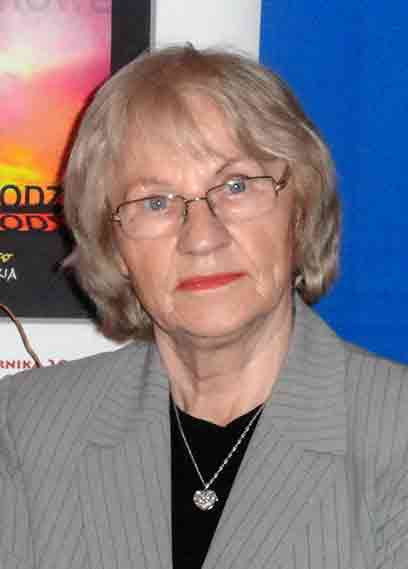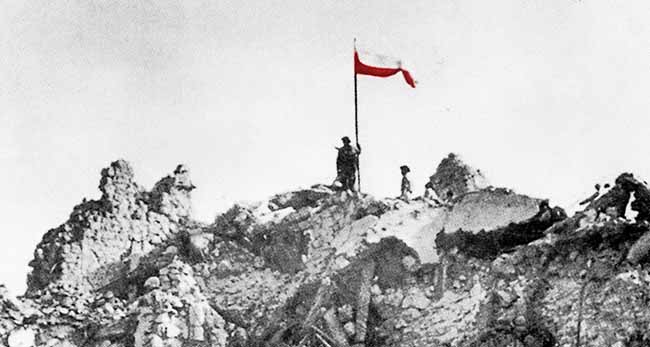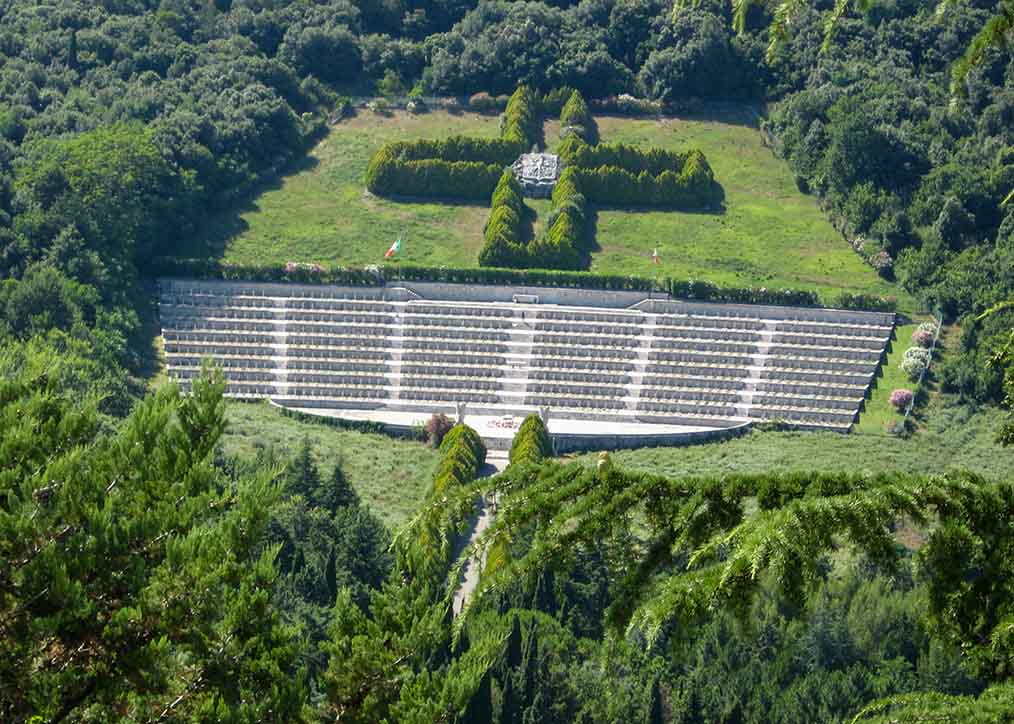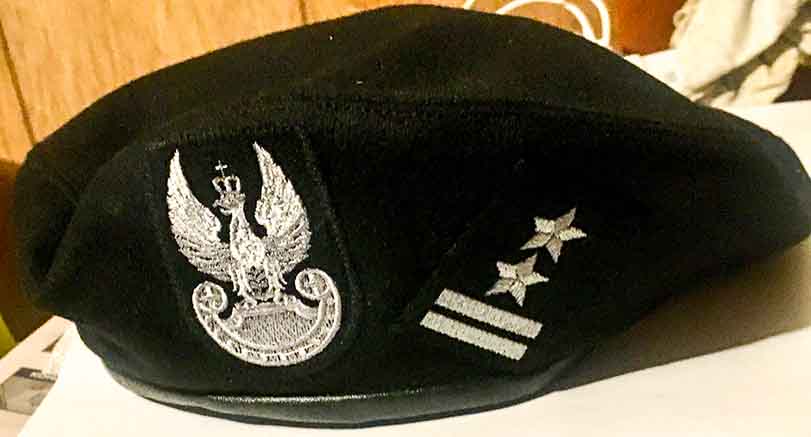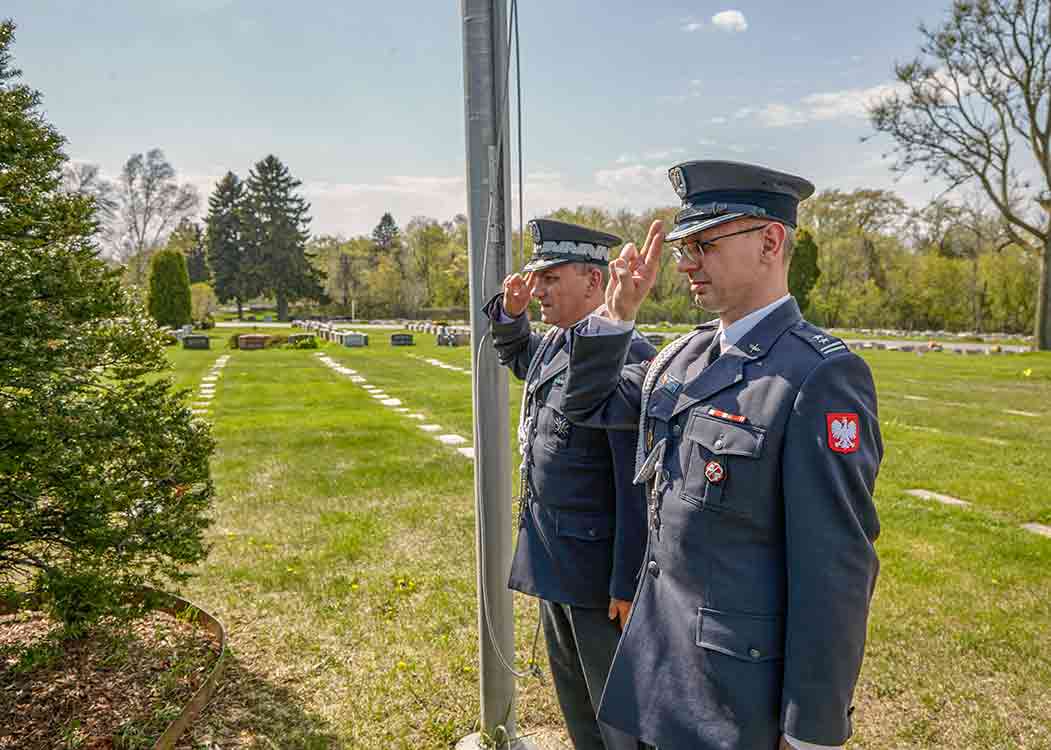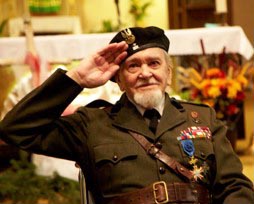"It's too soon..., not yet night..., maybe another month..., at least a week..., the camp is not over yet...", one wants to scream in order to stop the white specter of death that has knocked out of our ranks a friend, a scoutmaster of the Republic, Lieutenant Colonel of the communications forces of the 2nd Corps of Gen. W. Anders, the hero from Monte Cassino, Leonard Jędrzejczak.

Photo: Marcin Murawski
Today, it would be his hundredth birthday. Maybe 100 years is a decent age, but for us — his friends — it is still not enough. Images are shifting like in a kaleidoscope — important moments in his life and, at the same time, important moments in the life of Polish emigrants in Milwaukee and the United States.
His half-immigrant parents served two countries — the United States and Poland. They worked in the States and built their Polish identity in both places. As soon as Poland regained independence in 1918, they returned to the country. Leonard shaped his patriotism at home and in the scout team.
As a 17-year-old scout, on August 30, 1939, he was drafted into the Polish army and followed it, along the western combat route, through internment camps in Hungary, to Palestine, Tobruk, through the Monte Cassino hills, to Bologna. He swallowed bitter tears as they were excluded from the winners' parade. While waiting for the events to unfold, he studied at a Polytechnic, because he wanted to rebuild Poland as an engineer. This was not to be.
In 1951, he came to the USA and actively joined the life of Polish emigration. He ran the Polish Radio in Milwaukee, built the Polonia sports club, taught the English language to the emigrants, helped in official matters to obtain compensation for forced labor in Germany, and — above all — organized scouting in Wisconsin, in which young people were brought up in a patriotic spirit. He valued and nurtured friendships with military commanders, including General Kopański, General Duch, General Anders, Fr. Peszkowski, and the faithful companion of the 3rd Division and 2nd Corps — later, the President of the Republic of Poland in Exile — Ryszard Kaczorowski.
When I decided to record his fate in the pages of the book "Tearing Out History" (Wyorywanie historii), we spent long hours talking and reminiscing. His experiences documented the history of the 20th century. It seemed to me that he could never leave us, that his presence was needed by the Polish community like fresh air and breathing. We forgot about the words of the priest, the poet Jan Twardowski:
Let us hurry to love people, they leave so quickly. They will leave their shoes and the phone deaf.
We forgot that time goes by, we forgot the poet's warning:
Do not be sure that you have time, because uncertain certainty Takes away our sensitivity, and all happiness
We were sure we had time. Although we knew that some events are inevitable, we are never sufficiently prepared for their arrival and then we realize that:
We love always too little and ever too late.
Goodbye Eagle Scout, goodbye Friend. You stay in our memory until the end of our days, you stay in our hearts forever.
Translation from Polish by Andrew Woźniewicz.



